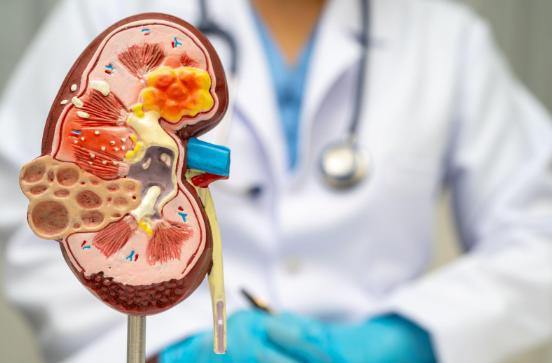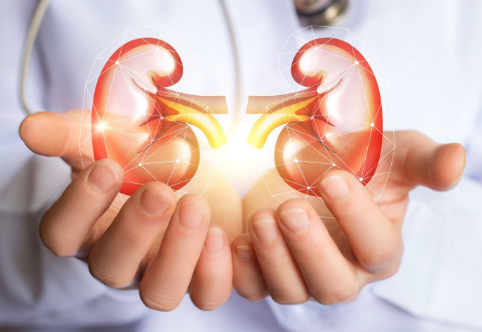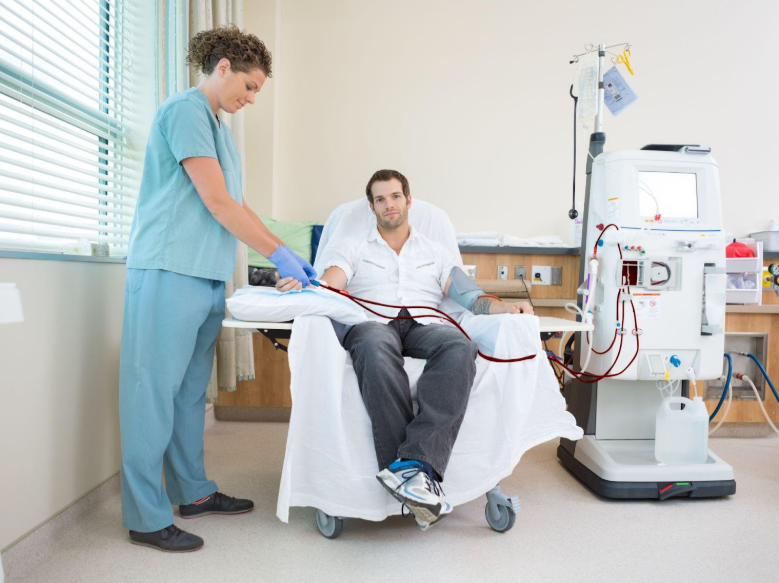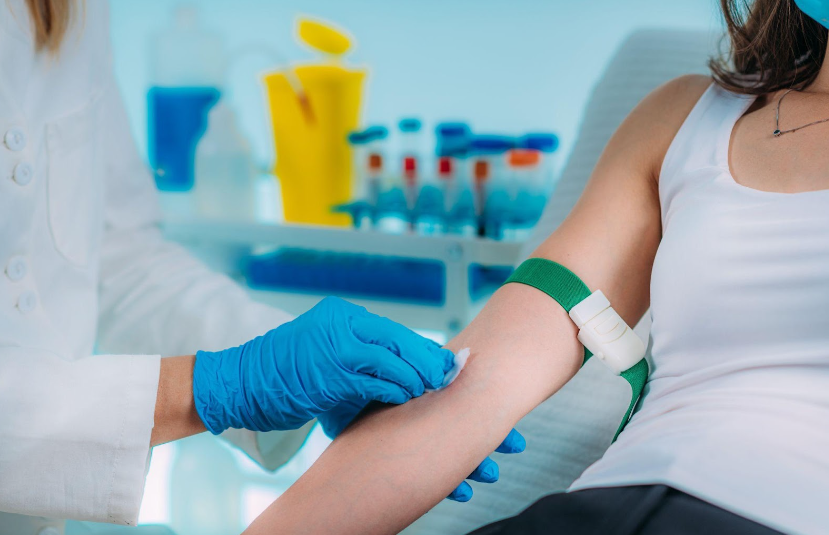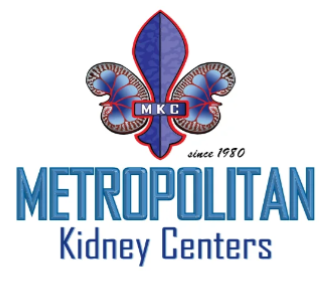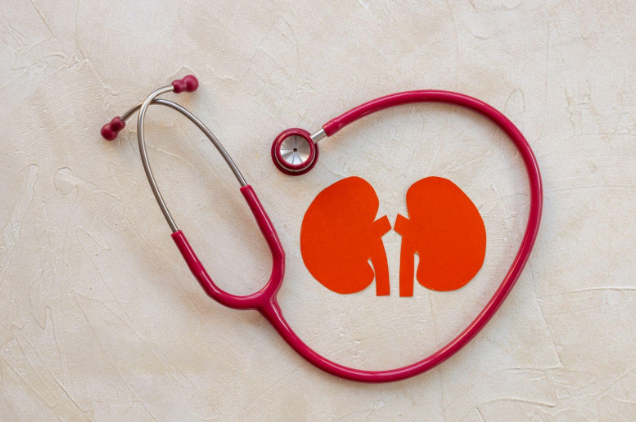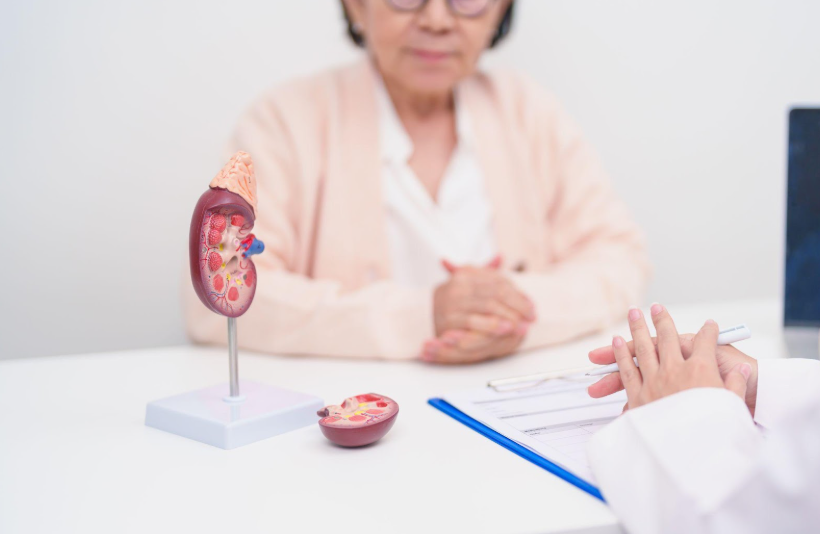The Connection Between Kidney Diseases and Hypertension

The kidneys and heart might seem like they serve entirely different functions, but in reality, they're closely connected. One of the clearest examples of this relationship is the link between kidney disease and hypertension, or high blood pressure. For many people, these two conditions go hand-in-hand, with each playing a role in the development and progression of the other.
How the Kidneys and Blood Pressure Are Connected
The kidneys are responsible for many things, including filtering waste and excess fluid from your blood. They rely on a complex system of blood vessels and filters so that the right amount of fluid stays in your body while the rest is flushed out as urine. When your blood pressure rises, it puts more strain on these delicate blood vessels, especially the ones in the kidneys. Over time, this added pressure can damage the vessels, leading to impaired kidney function and eventually kidney disease.
On top of this, the kidneys also help regulate your blood pressure. When your kidneys are healthy, they produce hormones and enzymes that help control the amount of sodium in your body and regulate the balance of water. If your kidneys are damaged, they might not be able to manage your blood pressure effectively, causing it to rise further. This creates a nasty cycle that just gets worse and worse as high blood pressure damages the kidneys while the damaged kidneys make it harder to control blood pressure.
Hypertension as a Leading Cause of Kidney Disease
Hypertension is one of the primary causes of chronic kidney disease (CKD), which affects millions of people worldwide. When blood pressure remains consistently high, it can slowly destroy the small blood vessels in the kidneys, reducing their ability to function properly. As kidney function declines, waste products and fluid begin to accumulate in the body, which can lead to further complications, including heart disease.
In fact, high blood pressure is the second leading cause of kidney failure, following diabetes. Many people may not even realize they have hypertension until kidney damage has already occurred. Since both kidney disease and high blood pressure often show few symptoms in their early stages, routine check-ups are crucial for identifying and managing these conditions before they progress.
How Kidney Disease Contributes to Hypertension
Kidney disease can also cause or worsen hypertension. When the kidneys are damaged, they are less able to remove excess fluid and sodium from the body. This leads to an increase in blood volume, which directly raises blood pressure. Additionally, damaged kidneys may release more hormones like renin, which can cause the blood vessels to tighten and further elevate blood pressure.
This is why many individuals with chronic kidney disease (CKD) also struggle with high blood pressure. Managing blood pressure becomes a critical aspect of treating kidney disease, as controlling hypertension can slow the progression of kidney damage and improve overall health outcomes.
The Role of Salt and Water Retention
One of the major ways in which the kidneys affect blood pressure is through the regulation of salt and water balance. When your body has too much salt, it retains extra water to dilute the sodium in your bloodstream. This increases the volume of blood in your vessels, raising your blood pressure.
For people with kidney disease, this process is often exaggerated because the kidneys aren’t functioning at full capacity. As a result, even small amounts of extra salt can lead to significant increases in blood pressure. That’s why a low-sodium diet is often recommended for individuals with both hypertension and kidney disease.
Managing Kidney Disease and Hypertension Together
The good news is that with the right care, it's possible to manage both kidney disease and hypertension and slow the progression of each condition. Here are some effective strategies to help keep both under control:
Regular Monitoring
If you have high blood pressure, kidney disease, or both, regular check-ups with your doctor are essential. Routine blood pressure checks, urine tests, and blood work can help track your kidney function and detect any changes early. Monitoring your blood pressure at home can also help you stay on top of it between doctor visits.
Medication
There are several medications available that can help control blood pressure and protect the kidneys. Angiotensin-converting enzyme (ACE) inhibitors and angiotensin II receptor blockers (ARBs) are often prescribed for people with kidney disease, as they can help relax blood vessels and reduce the strain on the kidneys. If you're prescribed these medications, it's important to take them as directed and to communicate with your healthcare provider if you're experiencing any side effects.
Dietary Changes
A heart-healthy, kidney-friendly diet is a cornerstone of managing both conditions. This typically involves:
- Reducing sodium intake. Aim for less than 2,300 milligrams of sodium per day, or even lower if recommended by your doctor. This helps reduce fluid retention and lowers blood pressure.
- Limiting processed foods. Packaged and restaurant foods often contain hidden sodium, so it's essential to read labels carefully.
- Eating more fruits and vegetables, as a diet rich in produce provides essential nutrients and can help lower blood pressure naturally.
Exercise and Weight Management
Regular physical activity is another powerful way to lower blood pressure and improve kidney health. Try to get around 30 minutes of moderate exercise most days of the week. Exercise can also help you maintain a healthy weight, which further reduces your risk of high blood pressure and kidney disease.
Limiting Alcohol and Quitting Smoking
Both alcohol and tobacco use can raise your blood pressure and damage your kidneys over time. Reducing your alcohol intake and quitting smoking can have a significant positive impact on your overall health and make it easier to manage both hypertension and kidney disease.
At
Metropolitan Kidney Centers, we help our patients with compassionate treatment for their kidneys. For more information,
contact us today!
